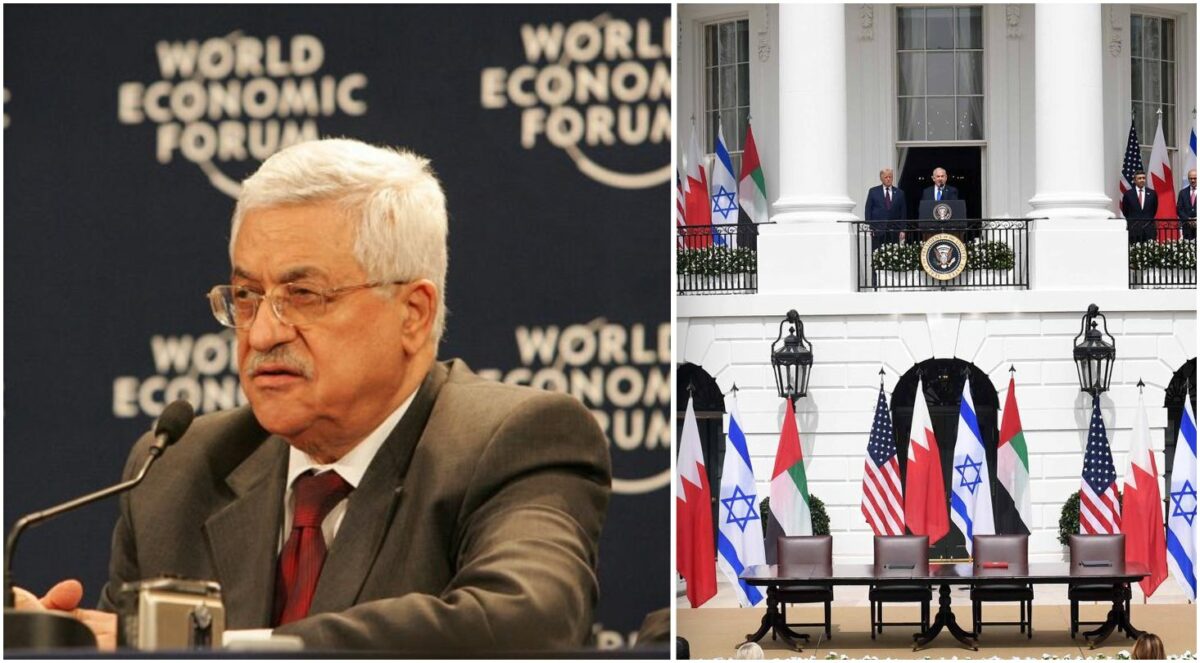Israel and Palestine should take a leaf out of South Africa’s book in terms of diplomatic negotiations in the transition to democracy in 1994. Apartheid was a system of institutionalised racism which segregated people according to their pigmentation; it meant that whites (and even to some extent Asians and coloureds) were favoured over the black African majority. Although the contexts and histories of each situation differ, the point remains, that the historic peaceful transition from apartheid to non-racial democracy went smoothly as a result of willingness and open negotiations.
Although these negotiations heralded the free society that we witness today, there were a number of organisations which, for various reasons, were against negotiations. There were others at the table negotiating the reshaping of the new government system, one that would be inclusive in nature.
South Africa’s liberation icon Nelson Mandela is reputed to have said, “No problem is so deep that it cannot be overcome, given the will of all parties, through discussion and negotiations rather than force and violence”.
Negotiations are entirely about compromise; it should be a win-win situation, in which both sides come away satisfied. Had the Convention for a Democratic South Africa (CODESA) negotiations collapsed, it would have ushered in a long conflict which would have shed more innocent blood while the political landscape would have continued to be dominated by the white elite as compared to the majority African government that we have.
The ruling Palestinian faction in the form of Palestinian Authority (PA) has so far been unable to demonstrate decisive leadership. It has evidently failed to unite warring factions (Fatah and Hamas), which means that it cannot go to the negotiation table with a united strong voice. Their intra-political differences are holding Palestinians to ransom.
Robert Sobukwe’s party, the Pan Africanist Congress, was deeply divided during the negotiations. While some factions were making themselves heard at the Codesa negotiations table, others were bombing buildings belonging to white people. They did not speak with one voice.
The African National Congress (ANC), by contrast, was strong and united behind its alluring leadership comprising the likes of Mandela, Walter Sisulu, Winnie Mandela and many others. It spoke and acted together without undermining either the membership or leadership of the party; unlike their PAC counterparts, they knew what they wanted to achieve.
It does not take a rocket scientist to see that negotiations essentially brought political freedom to South Africa. This has enabled every citizen to participate in the state of affairs, even if the majority African population is still kept outside the mainstream economy, thereby resulting in the most unequal society in the world.
The PA must realise that while negotiations might not get them everything that they want, they are a crucial step in a progressive direction. It is clear that no party in the negotiations will gain the entire pie; rather, every party should at least strive to get a slice of it.
Is the PA really representing the aspirations and interests of ordinary Palestinians?
This question is informed not only by lack of decisiveness from the PA leadership, but also by the recent Covid-19 vaccinations scandal in which the VIPs were prioritised over ordinary citizens.
A media statement by PA health ministry last week concurred that portion of the vaccination doses were given to VIPs: “10 percent of the 12000 doses it received were given to the Palestinian national football team, government ministers, presidential guards and members of the Palestine Liberation Organisation (PLO) Executive Committee. Another 200 doses went to the Jordanian royal court, after a request from Amman,” the statement read.
In a live webinar on Monday titled “A new Arab-Israeli peace and 27 years of South Africa’s reconciliation: Lessons learnt” hosted by the South African Jewish Board of Deputies (SAJBD), Sharaka co-founder Amit Deri said with confidence that his organisation was doing everything in their power to encourage other Arab states to normalise their relations with Israel.
“Diplomacy does not work in a perfect environment. We know that the only solution is peace. We are going to see more and more Arab countries normalising relations with Israel and there will be peace. We are talking to each other every day trying to search for peace, and we will achieve peace,” said Deri.
The Abraham Accords, a peace agreement signed in 2020 between the United Arab Emirates (UAE) and Israel, was a historic move. The UAE thereby became the third country to normalise relations with Israel after Egypt in the late 1970s and Jordan in 1994. Bahrain soon afterwards became the fourth country to do so.
The Abraham Accords should not be regarded as a betrayal of the people of Palestine. Rather, it should be welcomed as a courageous move towards furthering peace and stability in the Middle-East region. Such peace and stability is important to the entire world, and no one (including Palestine) should be left out when concluding them. There is a pressing need for collaboration in the region. By refusing to be part of the discussion, the Palestinians miss an opportunity for a meaningful conversation which has a potential to yield peace (shalom/salaam), freedom and prosperity, for themselves and for the region as a whole.
It is clear that the ANC sides with Palestine. However, it should do so in the spirit of ending the conflict, by contributing towards resolving the current political impasse between Israelis and Palestinians. Israel and Palestine should be encouraged to work together to achieve peace, and no organisation/s should agitate for either of the two sides to continue fighting one another. As came through very strongly at Monday’s webinar, the region’s people are tired of fighting and the world needs peace.

